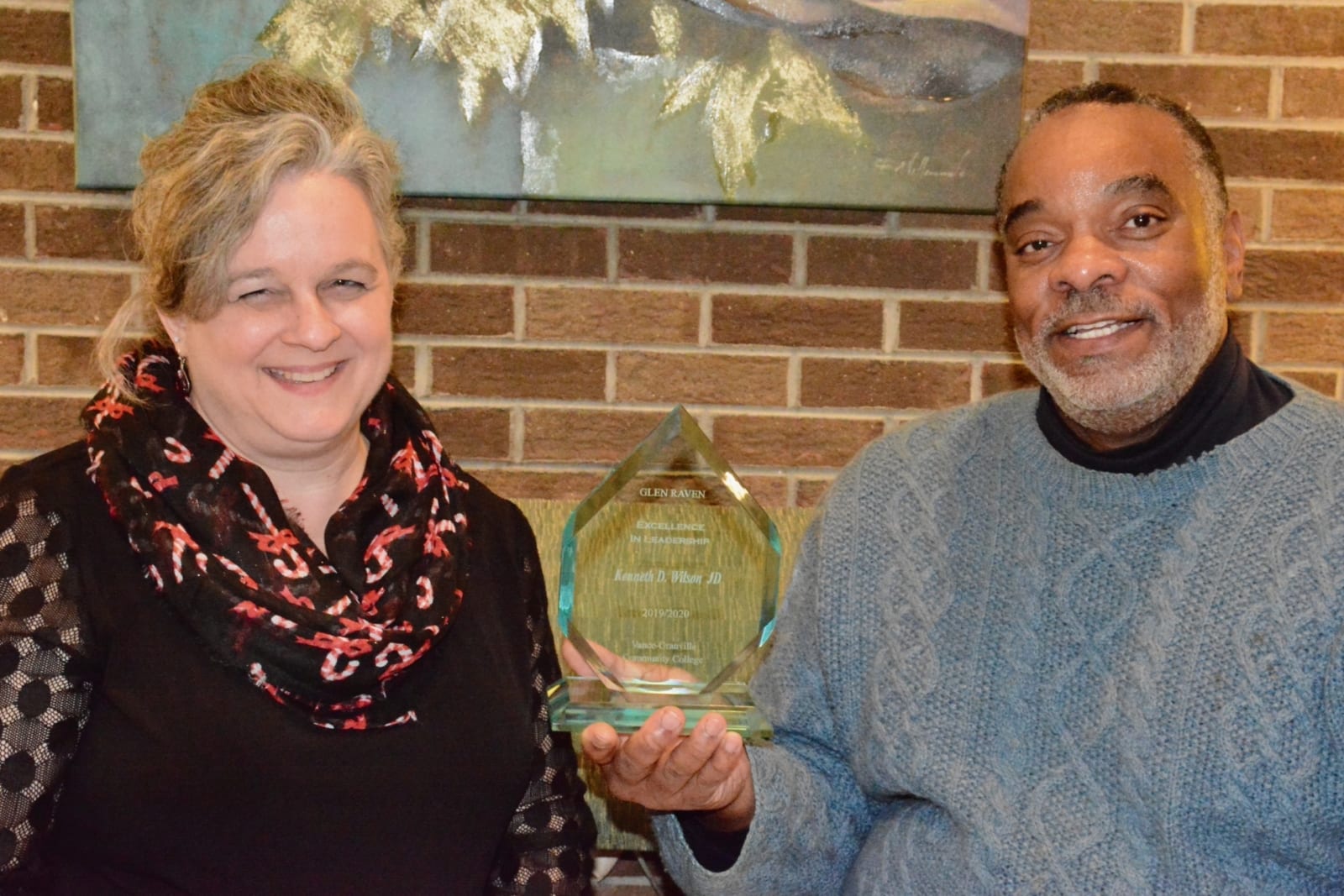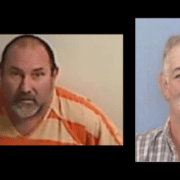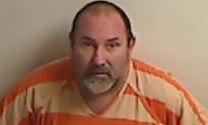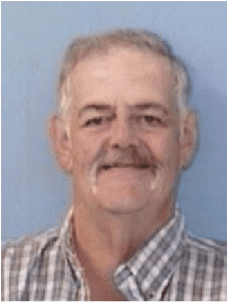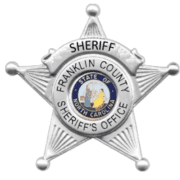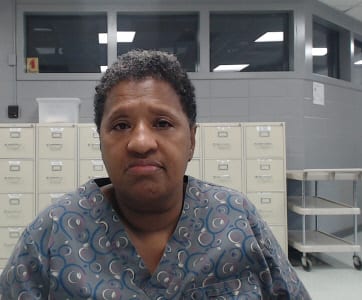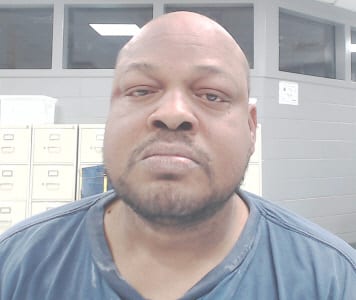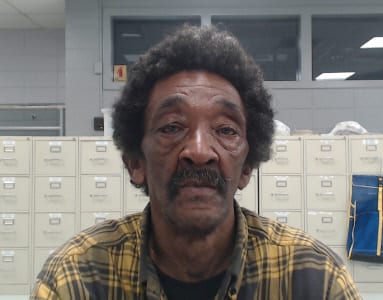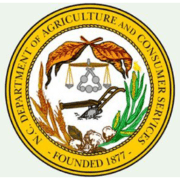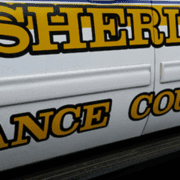100.1 FM / 1450 AM WIZS; Local News broadcasts M-F 8am, 12pm, 5pm
-Press Release, Franklin County Sheriff’s Office
The Franklin County Sheriff’s Office Drug Unit has concluded Phase III of Operation Impact. Operation Impact is an ongoing, six-month investigation, involving illegal drug activity in Franklin County.
As a result of Phase III of the investigation, 19 individuals have been arrested and charged with 134 felony drug-related charges. The individuals arrested during this phase of Operation Impact are alleged to have been involved in selling illegal drugs in and around neighborhoods in Bunn and surrounding areas.
This phase of the investigation was part of a continued and on-going effort by the Franklin County Sheriff’s Office to identify and investigate illegal drug activity occurring in Franklin County. The individuals arrested during this operation were identified by citizen complaints, law enforcement complaints and other intelligence-driven information received by the Sheriff’s Office.
Sheriff Kent Winstead stated, “Phase III of Operation Impact was a strategic initiative that focused on individuals selling drugs in our neighborhoods throughout the Bunn area. The plan to address drug activity in all of our communities will continue.”
The Franklin County Sheriff’s Office was assisted in Phase III of Operation Impact by the Drug Enforcement Administration, Bunn Police Department and the Alcohol Law Enforcement Division.
As of this date, Operation Impact has resulted in 55 total arrests and 311 felony charges. These arrests have occurred throughout Franklin County and more arrests are expected.
The following arrests/charges are the result of Operation Impact Phase III:
Cynthia Marie Foster – 56 years old – 15 Rogers Drive Bunn, NC 27508
2 counts PWIMSD Cocaine, 2 counts Sell Cocaine, 2 counts Maintain Vehicle/Dwelling/Place CS, PWISD Cocaine ~ Bond $20,000 secured
Schyler Don Quarrious Williams – 21 years old – 917 Sledge Road Louisburg, NC 27549
2 counts PWIMSD Cocaine, 2 counts Sell Cocaine, PWIMSD Marijuana ~ Bond $72,000 secured
Kevin Dunston – 49 years old – 25 Queens Drive Louisburg, NC 27549
Sell Cocaine ~ Bond $5,000 secured
Jerome Usher Jr. – 34 years old – 1010 Alford Mill Road Bunn, NC 27508
Sell Schedule II CS, PWISD Marijuana, Maintain Vehicle/Dwelling/Place CS ~ Bond $20,000 secured
William Jamel Andrews – 35 years old – 7612 Sunny Slope Street Zebulon, NC 27597
2 counts PWISD Marijuana, 2 counts Sell Marijuana, Maintain Vehicle/Dwelling/Place CS ~ Bond $30,000 secured
Trevon Alton Knight – 24 years old – 7433 Little River Circle Zebulon, NC 27597
Sell Marijuana, PWIMSD Marijuana, Maintain Vehicle/Dwelling/Place CS ~ Bond $20,000 secured
David Neshorne Smith – 35 years old – 553 Arnold Road Louisburg, NC 27549
3 counts Sell Cocaine, 3 counts PWIMSD Sch II CS, 2 counts Conspire Sell/Deliver Sch II CS, Maintain Vehicle/Dwelling/Place CS ~ Bond $ 25,000 secured
Quincy Jamario Bolden – 32 years old – 601 Howard Tant Road Zebulon, NC 27597
2 counts Sell Marijuana, 2 counts PWIMSD Sch VI CS, Maintain Vehicle/Dwelling/Place CS, Manufacture/Sell/Deliver/Possess with Intent CS within 1000 ft of School ~ Bond $65,000 secured
James Otis Dunston – 73 years old – 15 Queens Drive Bunn, NC 27508
4 counts Conspire Sell/Deliver Cocaine, Possess CS Prison/Jail Premises, Felony Possession of Cocaine ~ Bond $50,000 secured
Lola Veronica Jones – 51 years old – 1391 Sykes Road Spring Hope, NC 27882
PWIMSD Cocaine, Maintain Vehicle/Dwelling/Place CS, Sell Cocaine ~ Bond $25,000 unsecured
Joseph Bettis Jr. – 34 years old – 1120 Ridge Haven Drive Wendell, NC 27591
2 counts PWIMSD Cocaine, 2 counts Sell Cocaine, 2 counts Maintain Vehicle/Dwelling/Place CS
Jeremy Alexander Hicks – 32 years old – 35 Chickenhouse Drive Louisburg, NC 27549
PWIMSD Marijuana, Sell Marijuana, Maintain Vehicle/Dwelling/Place CS ~ Bond $25,000 secured
Robert Cequon Fletcher – 62 years old – 121 W. Barbee Street Zebulon, NC 27597
2 counts Trafficking Opium or Heroin, Maintain Vehicle/Dwelling/Place CS, PWIMSD Sch II CS ~ Bond $25,000 secured
Justin Deon Richardson – 29 years old – 69 Dykes Way Louisburg, NC 27549
PWIMSD Heroin, Sell Heroin, 2 counts Maintain Vehicle/Dwelling/Place CS, PWISD Marijuana, Sell Marijuana, PWISD Cocaine, Sell Cocaine ~ Bond $100,000 secured
Jo Ann Clemonts – 49 years old – 25 Cambridge Drive Franklinton, NC 27525
3 counts Trafficking Opium or Heroin ~ Bond $100,000 secured
Andrew Zayquawn Cates – 21 years old – 15 Marless Drive Apt. B Franklinton, NC 27525
PWISD Marijuana, Sell/Deliver Marijuana ~ Bond $30,000 secured
Rico Dashawn Brooks – 33 years old – 1345 Walter Grissom Road Kittrell, NC 27544
2 counts PWISD Cocaine, 2 counts Sell/Deliver Cocaine, 2 counts Maintain Vehicle/Dwelling/Place CS, Possession of Firearm by Felon, Possess Stolen Firearm ~ Bond $100,000 secured
Michael Junior Harris – 39 years old – 5542 Vicksboro Road Henderson, NC 27536
PWIMSD Sch II CS, Maintain Vehicle/Dwelling/Place CS, Sell Cocaine ~ Bond $50,000 secured
Christopher Quatrell Hodge – 29 years old – 812 Shepard School Road Zebulon, NC 27597
Sell Cocaine, PWIMSD Sch II CS, Maintain Vehicle/Dwelling/Place CS, Conspire Sell/Deliver Sch II CS ~ Bond $80,000 secured
If you have information regarding drug activity occurring in your neighborhood, please contact Sgt. Ken Pike at 919-496-2186.

Cynthia Marie Foster

Schyler Don Quarrious Williams

Kevin Dunston

Jerome Usher Jr.

William Jamel Andrews

Trevon Alton Knight

David Neshorne Smith

Quincy Jamario Bolden

James Otis Dunston

Lola Veronica Jones

Joseph Bettis Jr.

Jeremy Alexander Hicks

Robert Cequon Fletcher

Justin Deon Richardson

Jo Ann Clemonts

Andrew Zayquawn Cates

Rico Dashawn Brook

Michael Junior Harris

Christopher Quatrell Hodge







